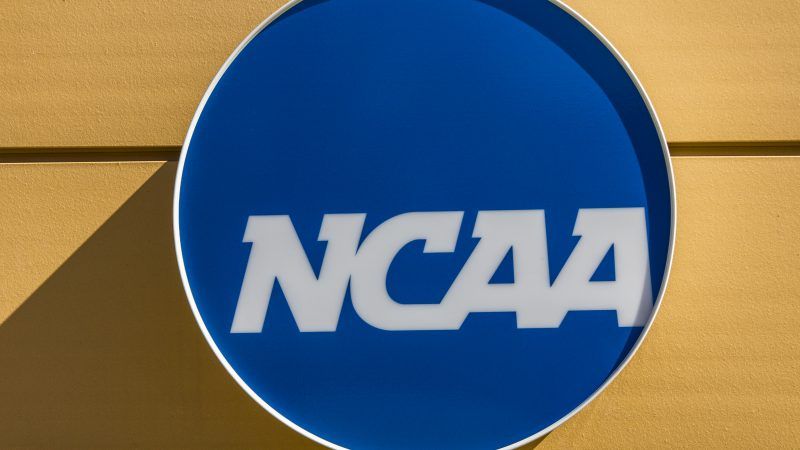NCAA Doesn't Want California To Allow Student-Athletes To Be Paid
NCAA has warned the state that if the "Fair Pay To Play Act" passes, all California schools would be ineligible to participate in postseason play.

With the debate over compensating college athletes nearing a tipping point in recent years, California is now trying to pass legislation that would allow student players to profit off their own images. The National Collegiate Athletic Association (NCAA) isn't pleased.
On May 22, the Fair Pay To Play Act (SB 206) passed the California Senate by a 31-5 vote. Now, it heads to the Assembly's Higher Education Committee for final approval, which must be decided on before July 11.
The law would allow college athletes to earn money from sponsorships and endorsements. It does not require student-athletes to be paid by their universities or to be viewed by universities as employees. But under the new legislation, universities that bring in more than $10 million from media revenue would have to remove restrictions on student-athletes that currently prevent them from using their own image for financial gain.
Nancy Skinner (D–Berkeley), who introduced the bill, said the purpose was to allow California's student-athletes to "enjoy the same rights as all other students—to earn income from their talent."
The NCAA, however, isn't a fan. It has warned the state that if SB 206 passes, all athletes at California schools would be ineligible to participate in postseason play.
In a June 17 letter to the Assembly's Arts, Entertainment, Sports, Tourism and Internet Media Committee, NCAA president Mark Emmert wrote:
We recognize all of the efforts that have been undertaken to develop this bill in the context of complex issues related to the current collegiate model that have been the subject of litigation and much national debate. Nonetheless, when contrasted with current NCAA rules, as drafted the bill threatens to alter materially the principles of intercollegiate athletics and create local differences that would make it impossible to host fair national championships. As a result, it likely would have a negative impact on the exact student-athletes it intends to assist.
Furthermore, the NCAA is worried about how the change to California law could affect the athlete recruiting process nationwide. As Sports Illustrated notes, "a high school athlete who could earn thousands of dollars in endorsement opportunities that would be unavailable to him or her if they instead went to college in Oregon, Texas, Alabama, or Florida would presumably be more inclined to go to college in California."
Both the University of California and California State University systems are opposed to the bill.
Rep. Mark Walker (R–N.C.) introduced a federal bill in the House in March. Walker said his bill would provide "college athletes with the same opportunities that every American should have in a free-market."
